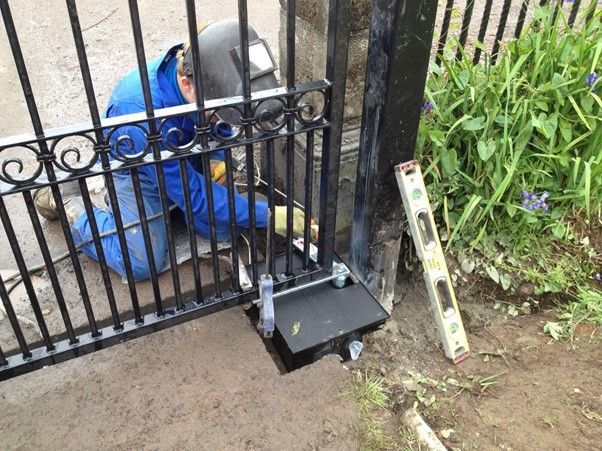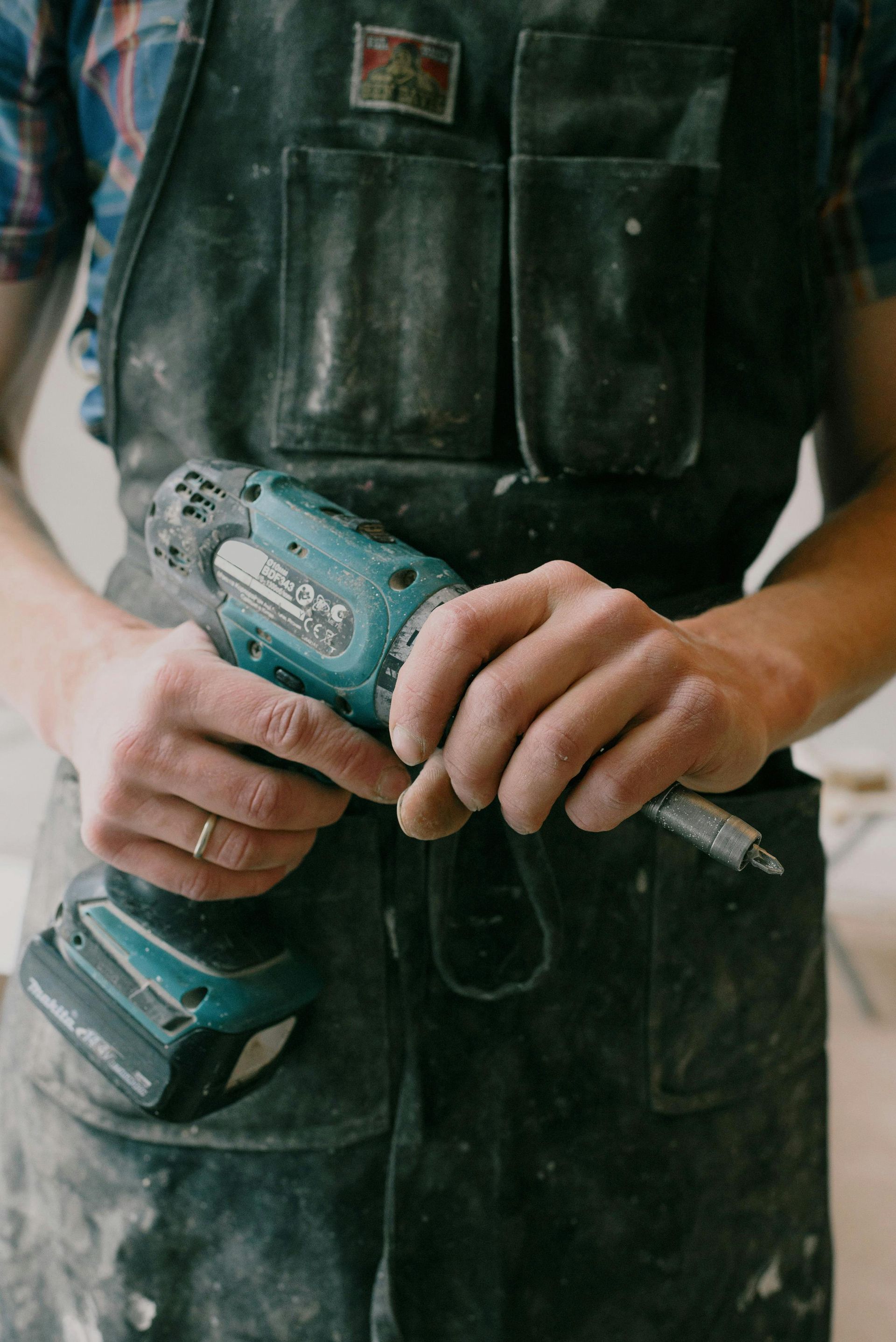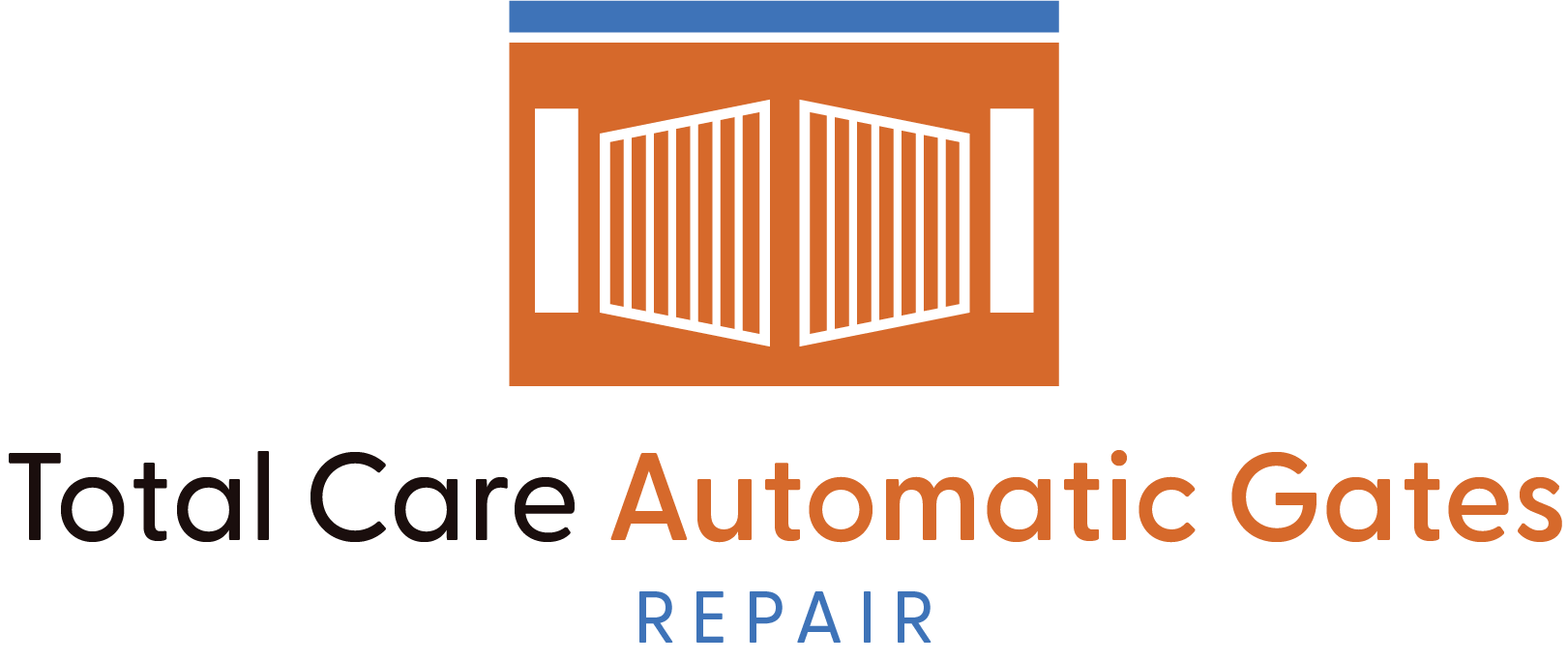Safety Feature Testing in Long Beach, CA

At Total Care, we understand that properly functioning safety features are the cornerstone of any automatic gate system. Our comprehensive safety feature testing services are designed to protect what matters most—your family, employees, customers, and property. We meticulously evaluate every critical safety mechanism to ensure your gate operates not just efficiently, but safely.
Our experienced technicians specialize in thorough examination of all vital safety components, including photo eye sensors, pressure sensitivity mechanisms, auto-reverse functions, and emergency release systems. Each safety feature testing appointment includes a detailed assessment of warning devices, loop detectors, and edge sensors that prevent potential accidents and injuries.
In coastal Long Beach environments, automatic gates face unique challenges from salt air and environmental factors that can compromise safety systems over time. Regular safety feature testing is essential for maintaining compliance with California regulations and UL 325 safety standards.
Our certified gate safety specialists follow a methodical checklist developed through years of industry experience, identifying minor issues before they develop into major hazards or costly repairs. We provide detailed documentation of all testing performed, giving you peace of mind and proof of due diligence for insurance purposes.
Trust Total Care Automatic Gate Repair to deliver the professional safety feature testing your gate system deserves.
Services We Offer
We focus on verifying critical safety components of your automatic gate system to ensure reliable operation and user protection. Our testing covers sensors, reversal mechanisms, and edge protection devices, which work together to prevent accidents and equipment damage.
We inspect and test all gate sensors to confirm proper detection of obstacles and presence of people or vehicles. This includes photocells and motion detectors, ensuring they trigger gate stops or reversals when needed.
Testing involves checking sensor alignment, sensitivity, and responsiveness. Misaligned or dirty sensors can cause malfunctions, so we clean and adjust them as necessary. We also verify wiring and connections for any signs of wear or damage that could impair function.
Accurate sensor performance is essential to prevent gate closures that could injure users or damage property. We document test results and recommend repairs or replacements if sensors fail to meet safety standards.
Gate Sensor Evaluation
Our technicians evaluate the gate’s automatic reversal system, which stops and reverses gate movement upon encountering an obstruction. We simulate resistance scenarios to confirm the system activates without delay.
We test force settings and sensitivity to avoid excessive pressure on obstacles. Proper calibration prevents injury and protects the gate from mechanical strain. If the system does not respond correctly, we inspect mechanical parts and electronic controls for faults.
This assessment ensures the gate reverses smoothly and reliably, complying with safety regulations. We adjust and repair components to restore full functionality when necessary.
Automatic Reversal Mechanism Assessment
We examine edge sensors and protective strips installed along gate edges to detect contact during closing. These devices are essential for preventing injury by triggering an immediate stop or reversal.
Testing involves applying pressure to edges to confirm sensor activation. We inspect sensor condition, mounting integrity, and electrical connections. Any cracks, wear, or loose fittings are addressed to maintain optimal performance.
Reliable edge protection is a last line of defense, providing direct contact detection where other sensors might not engage. We ensure these safety features operate consistently to safeguard users and property.
Edge Protection Check
Why Safety Feature Testing Matters
Proper safety feature testing ensures reliable operation, reduces risks, and meets legal standards. It also helps avoid unexpected breakdowns and costly repairs that disrupt daily use.
Enhancing User Safety
Testing safety features like sensors and auto-reverse mechanisms is crucial to protect people and property. These systems detect obstructions and stop or reverse gate movement, preventing injuries and damage.
We rigorously inspect and test each component to confirm it responds correctly under different conditions. This reduces the chance of accidents caused by malfunctions or failure to detect obstacles.
Regular testing helps maintain a secure environment for families, employees, and visitors by ensuring that gates operate
safely every time.
Local Regulatory Compliance
Local regulations in Long Beach require gates to meet specific safety standards. Failing to comply can result in fines, legal liability, or insurance issues.
Our safety feature testing verifies your gate's adherence to city and state codes. This covers functional requirements such as sensor accuracy, emergency release access, and electrical safety.
By staying compliant, we help you avoid costly penalties and maintain uninterrupted use of your gate system.
Preventing Costly Repairs
Unchecked safety feature problems can lead to extensive damage or system failure. Fixing these issues early often costs less and avoids longer downtime.
Our routine tests identify wear, sensor misalignment, and electrical faults before they escalate. This proactive approach minimizes repair expenses and extends your gate's lifespan.
Consistent maintenance based on safety testing reduces the risk of emergencies and keeps your gate running smoothly.
Our Testing Process
We focus on ensuring every safety feature of your automatic gate functions reliably and meets all safety standards. Our approach involves thorough inspections, clear communication, and practical maintenance plans tailored to each client’s needs.

1. Comprehensive Inspection
We start by evaluating all safety components of the gate system. This includes checking sensors, alarms, emergency stops, and manual overrides to verify proper operation. Each part is tested under real conditions to confirm it responds correctly and promptly.
Our team also inspects wiring and control panels for damage or wear that could affect safety features. We document any issues immediately to avoid downtime or hazards.
We adhere strictly to manufacturer guidelines and local safety codes during the inspection. This ensures that your gate system will be both safe and compliant.
2. Reporting and Recommendations
After the inspection, we prepare a detailed report that outlines our findings clearly and objectively. The report includes photographs and status notes for each safety feature tested.
We provide straightforward recommendations for repairs, replacements, or improvements. Each suggestion is prioritized by urgency and impact on safety.
We discuss the report with you directly to ensure you understand all aspects. We also answer any questions to help you make informed decisions about your gate’s safety system.
3. Maintenance Scheduling
We work with you to set up a maintenance plan based on the inspection results and your usage patterns. This schedule includes regular safety feature tests, cleaning, and adjustments.
Our maintenance visits are timed to prevent issues before they become problems, reducing the risk of gate failure.
We send reminders and updates to keep you informed of upcoming service dates.
If urgent repairs are needed between scheduled visits, we are available for prompt service to maintain safety consistently.
FAQs About Safety Feature Testing
We ensure every component related to gate safety is thoroughly tested to meet operational and regulatory standards. Our focus is on identifying potential hazards and confirming all safety mechanisms function correctly.
How often should automatic gate safety features be tested in Long Beach?
Automatic gate safety features should be tested quarterly (every 3 months) for commercial properties and bi-annually (every 6 months) for residential gates in Long Beach. High-traffic gates or those in corrosive coastal environments may require more frequent testing.
Are safety feature tests required by law for commercial gates in California?
Yes, safety feature tests are legally required for commercial gates in California. Under UL 325 safety standards and California building codes, commercial property owners must conduct regular safety testing and maintain documentation of compliance. Failure to comply can result in liability issues and potential fines.
How much does gate safety feature testing cost in Long Beach?
Gate safety feature testing in Long Beach typically costs between $125-$250 for standard residential gates and $200-$400 for commercial gates, depending on gate complexity and number of safety features. Total Care Automatic Gate Repair offers maintenance plans that include regular safety testing at discounted rates.
What does a comprehensive gate safety inspection include?
A comprehensive gate safety inspection includes testing of photo eye sensors, pressure sensitivity, auto-reverse mechanisms, emergency release functions, warning signals/alarms, loop detectors, edge sensors, and all mechanical components. It also involves checking control panel operations, battery backup systems, and gate speed/force settings to ensure compliance with safety standards.
How long does a complete gate safety test take to complete?
A complete gate safety test typically takes 45-90 minutes to complete, depending on gate type, number of safety features, and whether repairs are needed. Commercial gates with multiple safety mechanisms may require up to 2 hours for thorough testing and documentation.
